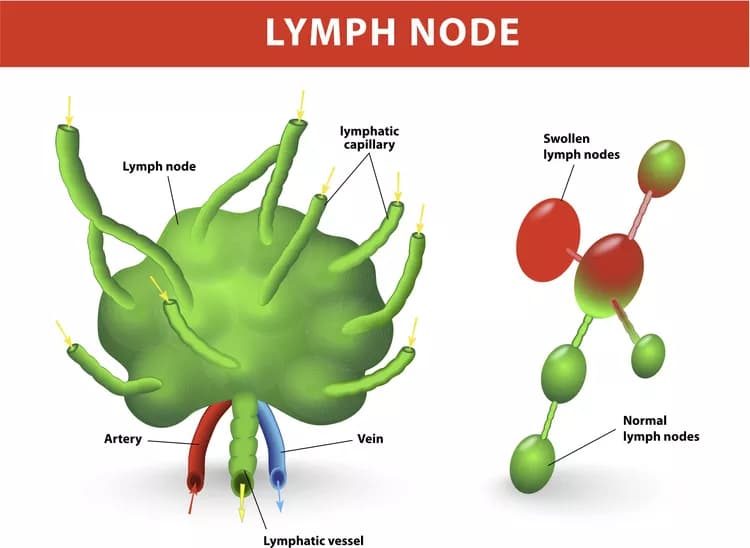
Role For Immune Cells In Cancer’s Ability To Evade Immunotherapy
One of the main reasons cancer remains difficult to treat is that cancer cells have developed a multitude of mechanisms that allow them to evade destruction by the immune system. One of these escape mechanisms involves a type of immune cell called myeloid-derived suppressor cells (MDSCs). A recent study led by Sharon Evans, PhD, Professor of Oncology and Immunology at Roswell Park Cancer Institute, provides new insight into how MDSCs enable tumor cells to circumvent immune attack and offer the potential for improving cancer immunotherapy. The research has been published today in the journal eLife.
Tumor cells cause extensive expansion of MDSCs, which are associated with poor prognosis in patients with various types of cancer. Dr. Evans and colleagues used a state-of-the-art microscopy system to visualize T lymphocytes, the professional killers of cancer cells within the arsenal of the immune system. They discovered that MDSCs can blunt the immune reaction to cancer by preventing the ability of T lymphocytes to enter lymph nodes, important sites where the immune response to invading cancers becomes ramped up. MDSCs accomplish this by removing a molecule known as L-selectin from the surface of T lymphocytes that is essential for cellular trafficking into lymph nodes. As a result, the protective immune response to cancer is severely compromised.
Given the rapid movement of cells within the circulation, one of the most surprising findings of this investigation was that MDSCs can act directly on T cells within fast-flowing blood to limit their widespread trafficking to lymph nodes. This subversive activity of MDSCs was not restricted only to T lymphocytes but included B lymphocytes, which are responsible for generating protective antibodies against tumor cells. The team's research established for the first time that B lymphocytes are also a target of MDSCs in cancer.
"This investigation could lead to the identification of novel therapeutic targets that bolster the body's protective mechanisms against the development of metastatic disease," says Dr. Evans, senior author of the new study. "These new insights may allow us to address a pressing challenge faced by physicians: how to determine which cancer patients are most likely to benefit from T lymphocyte-based immune-therapeutics."
"Because these immune-suppressive myeloid cells were found to act at long distances to prevent the activation of the T lymphocyte response to tumors, this research reinforces the important message that routine profiling of the cellular constituents within tissues does not always provide the whole picture in cancer," adds the paper's first author, Amy Ku, MD/PhD student in the Department of Immunology at Roswell Park.
Materials provided by Roswell Park Cancer Institute. Note: Content may be edited for style and length.
Disclaimer: DoveMed is not responsible for the accuracy of the adapted version of news releases posted to DoveMed by contributing universities and institutions.
Primary Resource:
Ku, A. W., Muhitch, J. B., Powers, C. A., Diehl, M. G., Kim, M., Fisher, D. T., ... & Messmer, M. N. (2016). Tumor-induced MDSC act via remote control to inhibit L-selectin-dependent adaptive immunity in lymph nodes. eLife, 5, e17375. DOI: 10.7554/eLife.17375
Related Articles
Test Your Knowledge
Asked by users
Related Centers
Related Specialties
Related Physicians
Related Procedures
Related Resources
Join DoveHubs
and connect with fellow professionals

0 Comments
Please log in to post a comment.